Back Pain is A Common Problem and Its Effective Solutions is here !
Back pain has become a common problem that affects people of all ages, especially the youth. Sitting in one place for hours, wrong posture, lifting heavy items, or lack of physical activity, all these reasons invite back pain. This pain is sometimes mild and sometimes so severe that it becomes difficult to do even everyday tasks.
What is back pain and why does it happen?
Back pain means pain in the lower part of the spine, also known as the lumbar region. This pain can be due to muscle strain, bone problems, pressure on nerves or many other reasons.
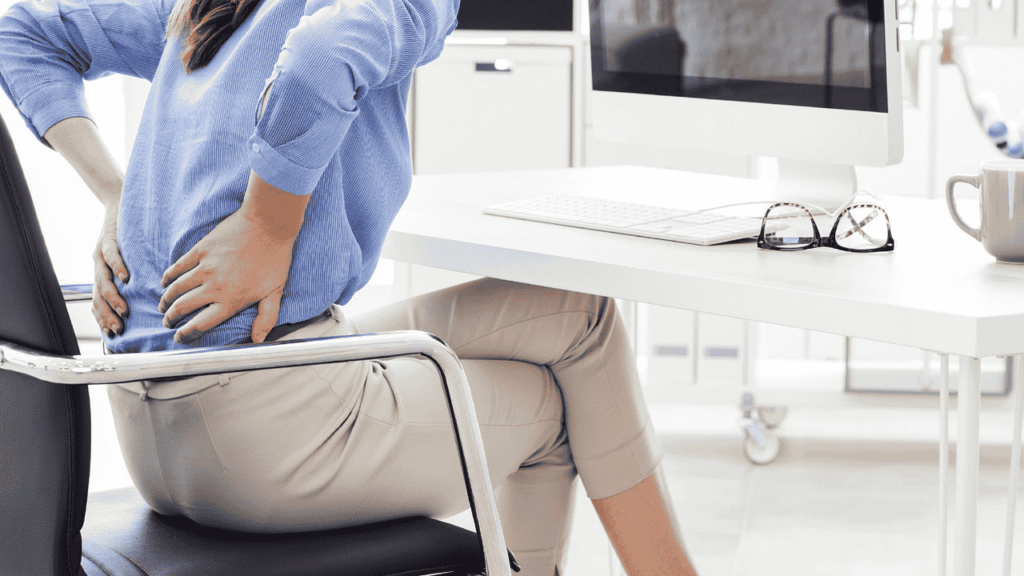
Common causes of back pain:
Bad Posture: Working for long hours at the computer, sitting, standing or sleeping in the wrong way – all these put extra pressure on the spine.
Muscle Strain or Sprain: Lifting heavy objects in the wrong way, twisting suddenly or doing too much exercise can strain muscles or ligaments.
Arthritis: Osteoarthritis can affect the lower spine, causing pain and stiffness.
Slipped Disc / Herniated Disc: The discs between the bones of the spine (which act as shock absorbers) can slip out of place and put pressure on the nerves, causing intense pain that can go down to the leg (sciatica).
Osteoporosis: Weakening of the bones, which increases the risk of fractures, especially in the spine.
Obesity: Excess weight puts unnecessary pressure on the spine and back muscles.
Lack of physical activity: Weak back and abdominal muscles do not provide adequate support to the spine.
Stress and anxiety: Stress can also cause muscles to tighten, which can lead to back pain.
Other medical conditions: Kidney problems, stones, or in some rare cases, tumors can also cause back pain.
Symptoms of back pain.
The symptoms of back pain can range from mild to severe:
Persistent pain or stiffness in the lower back.
Increasing pain when bending, lifting or standing.
Numbness or tingling in the leg (if there is pressure on the nerve).
Weakness in the leg.
Stiffness in the back when waking up in the morning.
Effective measures to prevent and relieve back pain
There are many ways to avoid and relieve back pain:
Maintain Correct Posture:
While sitting: Sit straight on a chair, support your back, keep your feet flat on the ground. Get up and walk around every 30-45 minutes.
While standing: Keep your shoulders back and stomach in.
While sleeping: Sleep on your back or side, keep a pillow between your knees. Avoid sleeping on your stomach.
Exercise Regularly:
Core Strengthening: Do exercises that strengthen your stomach and back muscles (such as plank, bridge).
Stretching: Do stretching regularly, especially the hamstrings (back of the thigh) and lower back.
Low-impact exercises: Walking, swimming, yoga, or cycling put less pressure on the spine and strengthen the muscles.
Lift Correctly:
While lifting, bend your knees, keep your waist straight and keep the items close to your body. Use your leg muscles instead of your back.
Avoid lifting heavy items alone.
Maintain a Healthy Weight:
Excess weight, especially around the abdomen, puts extra pressure on the spine. Keep your weight under control with a balanced diet and exercise.
Heat and Cold Therapy:
Apply ice on the affected area initially (first 48 hours) and then apply hot compress. This helps relax the muscles.
Stress Management:
Stress can cause muscle stiffness. Reduce stress through yoga, meditation, deep breathing exercises or hobbies.
Rest and Movement:
Rest for some time in case of severe pain, but do not stay in bed completely. Maintain light activity so that the muscles do not get stiff.
Quit Smoking:
Smoking reduces blood flow to the bones in the spine, which can weaken discs and increase pain.
Proper Footwear:
Avoid wearing high heels, as these can alter the position of the spine and cause back pain. Wear comfortable and supportive shoes.
When to see a doctor?
If back pain is severe, lasts for a long time (more than a few weeks), is accompanied by numbness or weakness in the leg, or is accompanied by symptoms such as fever/sudden weight loss, consult a doctor or orthopedist immediately.





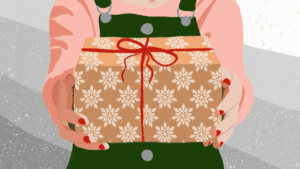

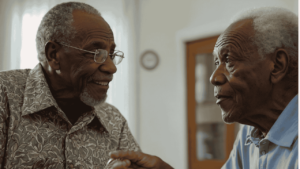
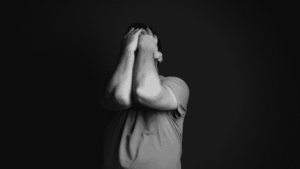
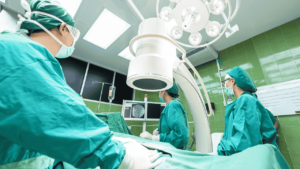

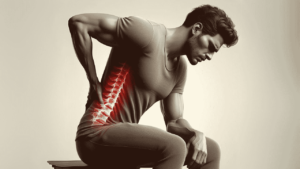
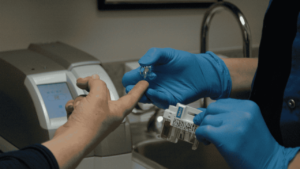
Post Comment